At NAMM the AMA attended a meeting to update on the CITIES listing of rosewood species. Attending were the League of American Orchestras and the US Fish and Wildlife Service (equivalent of the Department for the Environment).
Musical instrument exporters across the globe are struggling with compliance problems relating to the new rosewood restrictions.
It emerged that CITES chose to restrict ALL rosewoods because of the difficulty in distinguishing between different varieties.
Governments will struggle managing the new restrictions due to the fact that rosewood is used in many industries such as automotive, in dashboards and trim for example, as well as the furniture industry. East Indian rosewood is a large part of the restriction that affects our industry.
Unofficially it seemed that the authorities were generally seeking and checking (at this stage) compliance from companies, rather than individuals with individual instruments. The new restrictions include finished instruments as opposed to raw materials. Musicians travelling across borders have a maximum 10Kg exemption on their own instruments. The US Fisheries and Wildlife Service has interpreted this to mean 10kg of rosewood in the instrument as opposed to the total weight of the instrument. The AMA will clarify that our Department of Environment applies a similar interpretation.
In conversations with representatives from the Indian MI industry, they seemed confident that they would achieve “some sort of exemption” for rosewood. This is a pretty long bow to draw given the briefing we attended.
In the meantime, Indian and Indonesian authorities are being urgently asked to create some sort of “Comparable Documentation” given the Reservation Policy they have both adopted We have a major compounding issue with India and Indonesia both having adopted a “Reservation” policy that means they will not adopt the new Rosewood restrictions until mid-year.
The CITES Plant Committee will meet in July and may look at progress with this listing. The agenda has not yet been made public.
Ebony may not be far away in future restrictions (next CITES meeting is 2019). It was also evident that a number of companies have already decided on alternate woods for future production.
New USA formaldehyde restrictions came into play in December 2017 with new standards relating to emissions. Formaldehyde is contained in processed wood products, chip board etc, which is used in amps cabinets and many other applications.
Summary
Nothing especially new emerged apart from the hope that India and Indonesia will swiftly find a resolution to their reservation stance.
Speaking to international colleagues at the meeting, all countries are facing the same issues. Wholesalers should be putting as much pressure as possible on their suppliers to ensure the correct documentation is issued with rosewood shipments. Wholesalers dealing with India and Indonesian documents should be requesting some form of ‘comparable documentation’.
Maton Guitars told me at the Show that there permit application process with the Department of the Environment has been very efficiently handled, but added later that the workload in at the Department was set to increase and applications would likely take longer to handle
You can read more on this topic, listen to webinars and other materials including the session mentioned above by visiting the NAMM website report
